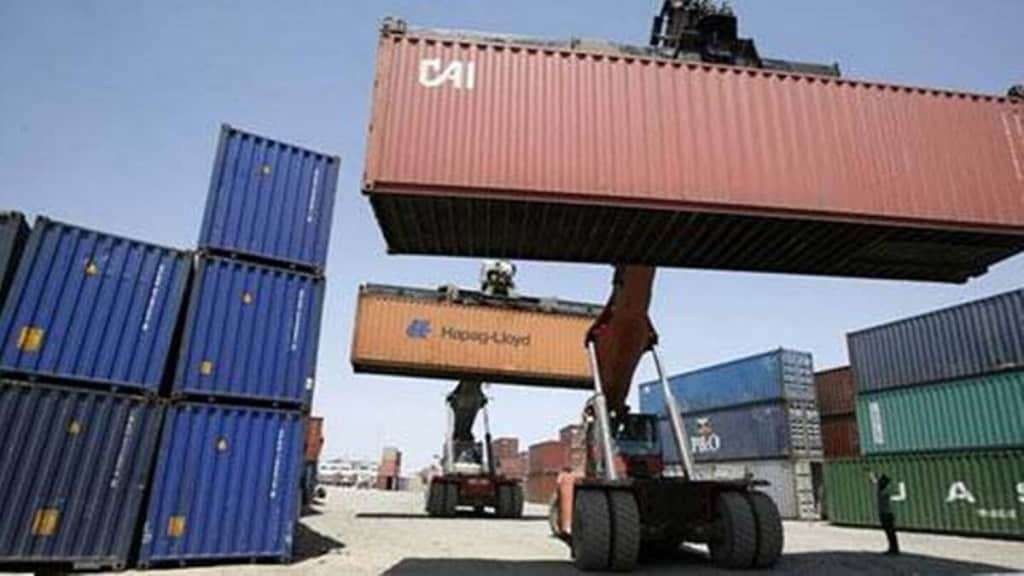The government on Friday announced that units in Special Economic Zones (SEZs), Export Oriented Units (EOUs) and Advance Authorisation holders will now be eligible for benefits under the Remission of Duties and Taxes on Exported Products (RoDTEP) scheme.
The changes in the scheme were notified by the Directorate General of Foreign Trade (DGFT).
While RoDTEP covers nearly 10,610 export items with tax refund rates ranging from 0.01% to 4.3%, it previously did not apply to exports from EOUs, SEZs, and the Advance Authorisation Scheme.
The Advance Authorisation Scheme permits duty-free imports of inputs for manufacturing goods for exports. Refunds under the scheme are provided in the form of transferable duty credit scrips, usable for paying import duties or sold in the market by exporters.
Until now, SEZs/EOUs were excluded from the scheme due to existing tax incentives. However, these sectors have long advocated for inclusion in RoDTEP, citing payment of embedded taxes on domestic procurement and fuel for both inward and outward transportation. The demand has been supported by the Parliamentary Standing Committee on Commerce.
“The decision may be a disproportionately high bonanza for high import intensive exports from SEZs,” according to trade policy think tank Global Trade Research Initiative (GTRI).
“A lot of big exports from SEZs, like electronics (including smartphones), petroleum products, diamonds, and gold jewellery, add less than 10% of their value in India. This means over 90% of what makes up these products comes from imports, which don’t have to pay duties. If these exports get a 3% incentive from the RoDTEP scheme, it means they earn an extra $30 for every $100 they make. If we add other incentives like PLI, the figure will be very high,” co-founder of GRTI Ajay Srivastava said.
The RoDTEP scheme covers unrefunded taxes. The amount of such unrebated taxes comes down when exports are import intensive and imports are duty free. Applying the same RoDTEP rate to these imports could lead to overcompensation so a different set of rates should be applicable on SEZs, he said.
The RoDTEP scheme, launched in January 2021, rebates various Central,state and local duties/taxes/ levies which are not refunded under other duty remission schemes, in response to a WTO challenge against India’s export promotion schemes. The scheme has already disbursed support totalling `42,000 crores to over 10,500 export items. The current financial year budget for the scheme stands at `15,070 crores, with an additional 10% increase projected for FY24-25.
The exporters have also been asking for increasing the rate of refund under the scheme as it is much lower than what was available under the defunct MEIS. In September, 2023, the RoDTEP Committee was constituted by the Department of Revenue to review and recommend RoDTEP ceiling rates for different export sectors. The rates will be revised after carrying out the technical analysis based on the details submitted by the industry.


